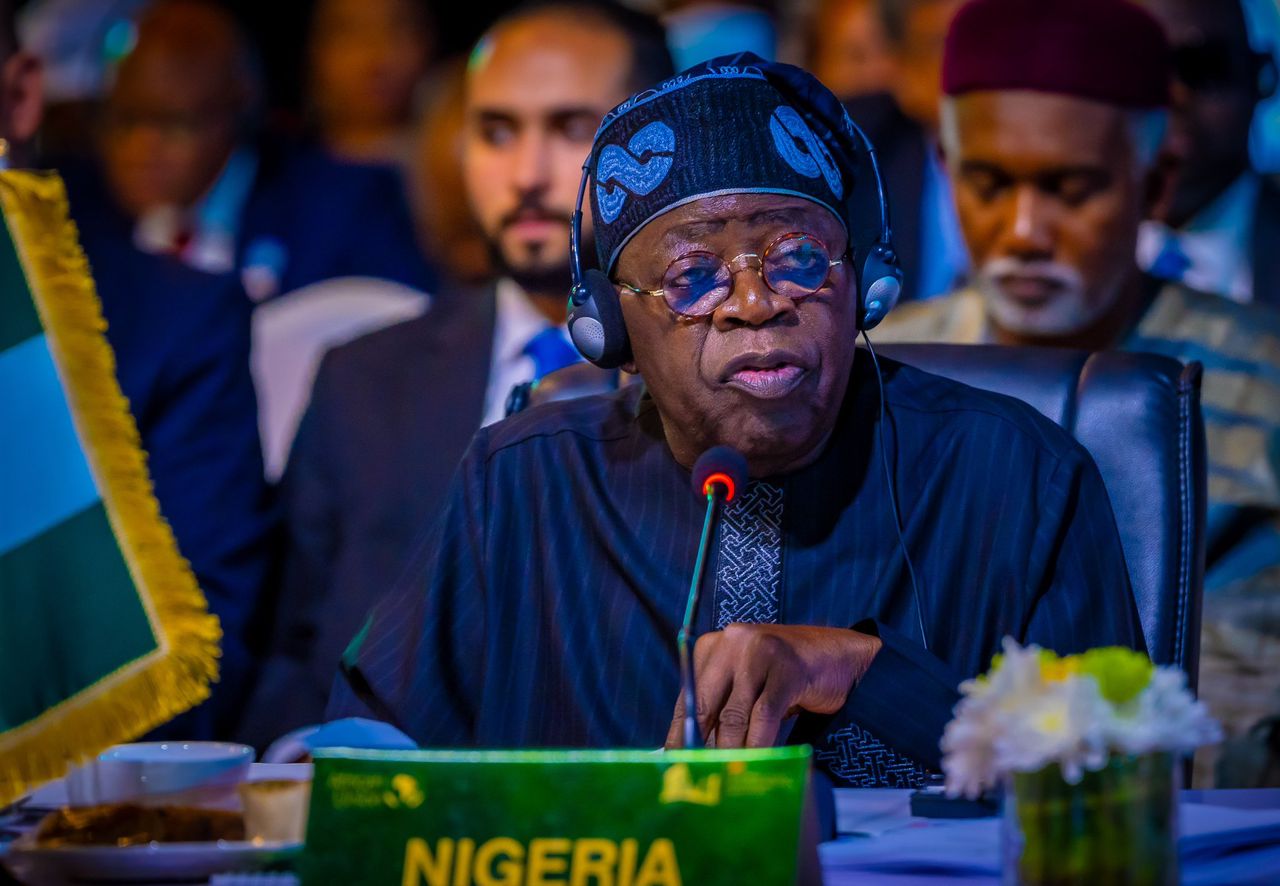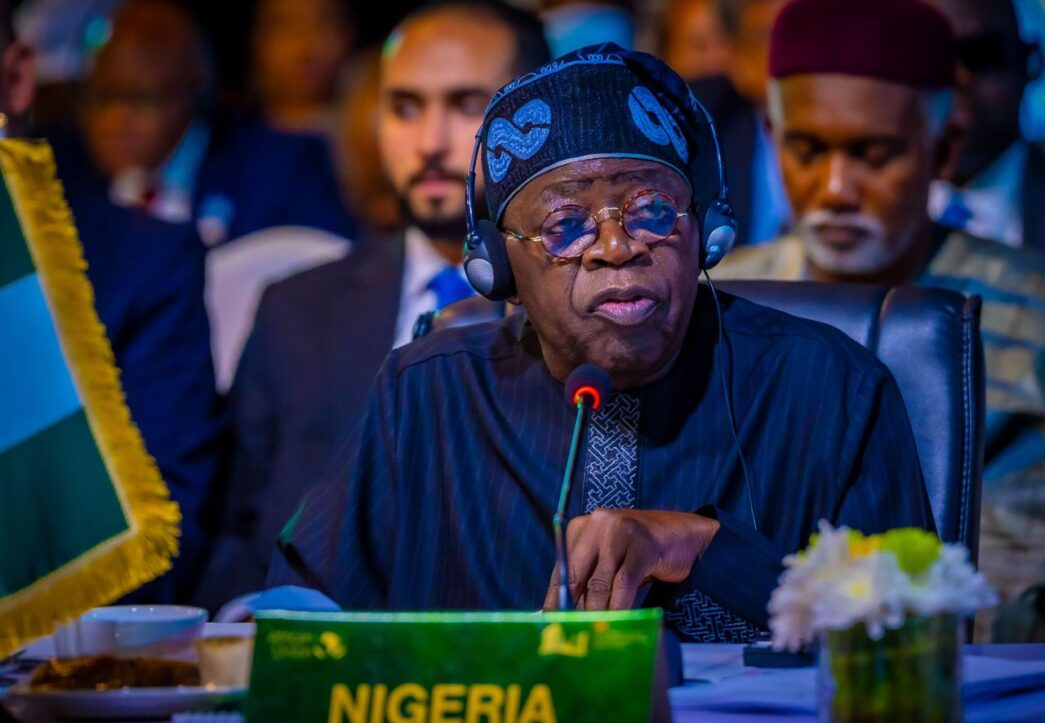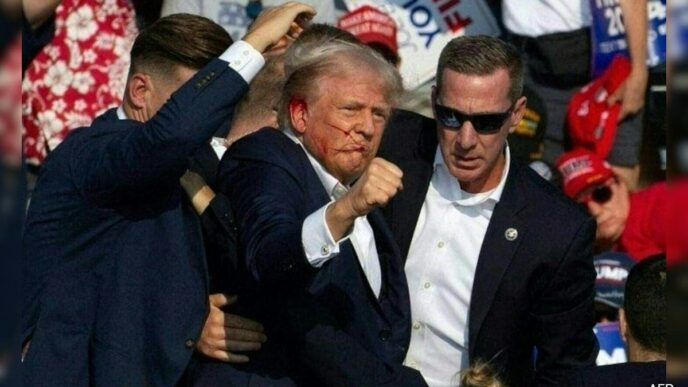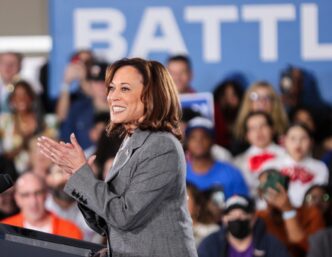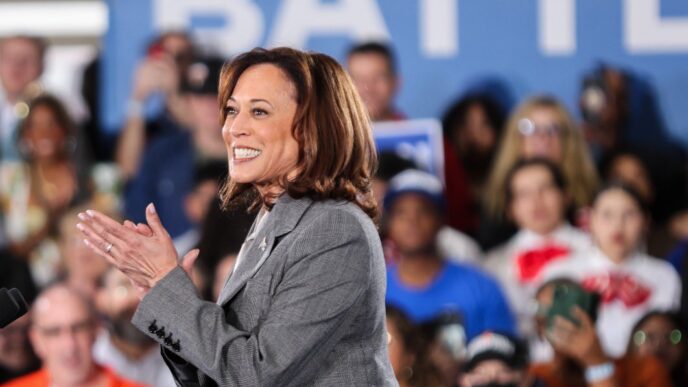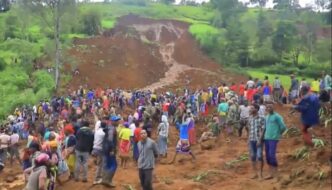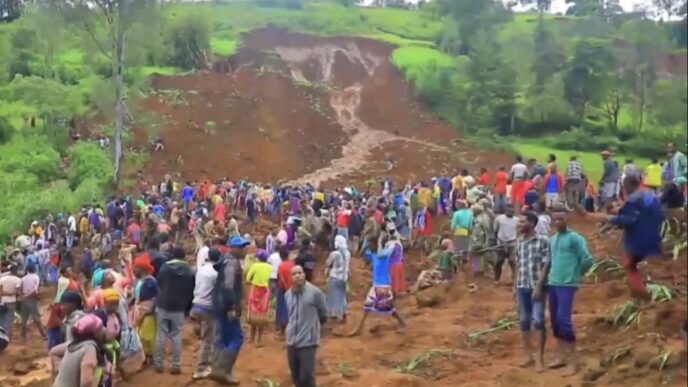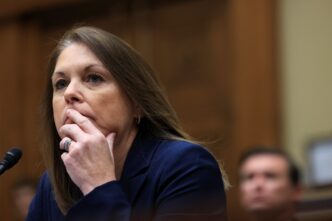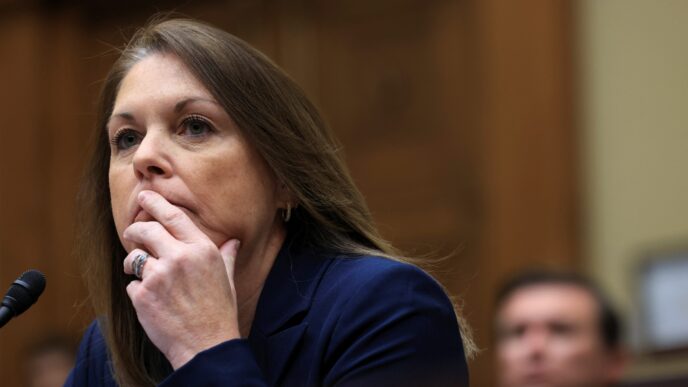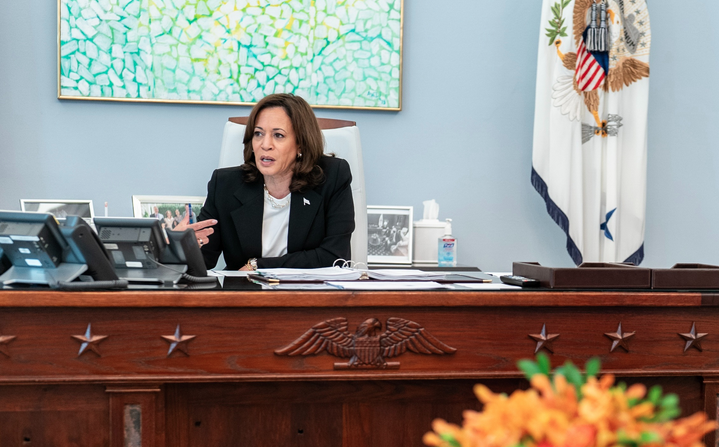President Bola Tinubu has presented the state of Economic Community of West African States (ECOWAS) report at the mid-year coordination meeting of the African Union in Accra, Ghana.
The mid-year coordination meeting, initiated in 2017, serves as the principal forum for the AU and Regional Economic Communities (RECs) to align their work and coordinate the implementation of the continental integration agenda, replacing the June/July summits.
This year’s meeting, themed “Educate and Skill Africa for the 21st Century,” brought together the Bureau of the AU Assembly, RECs chairpersons, the AU Commission, and regional mechanisms (RMs) on Saturday.
In a statement on Sunday, Ajuri Ngelale, presidential spokesperson, quoted Tinubu, who is the chairman of ECOWAS, as saying the community “has activated a standby force to counter-terrorism and will continue to explore funding options”.
Advertisement
He added that ECOWAS has actively supported member states in enhancing electoral and governance processes, recently deploying election observation missions to Senegal and Togo, both of which were deemed “peaceful, transparent, and fair”.
He highlighted the facilitation of the national unity agreement signing in Sierra Leone, while noting that ECOWAS will continue to work with stakeholders to implement the agreement’s provisions.
The president said consultations are ongoing to revise the ECOWAS 2001 Supplementary Protocol on democracy and good governance.
Advertisement
On economic integration, Tinubu stated that ECOWAS has consolidated the free trade area, customs union, and common market through various activities.
“We supported six Member States in ratifying the WTO Fisheries Subsidies Agreement, and thirteen Member States have ratified the AFCFTA agreement,” Tinubu said.
“The ECOWAS interconnected System for the Management of Goods in Transit (SIGMAT) is also operational in twelve Member States.”
On the humanitarian and social development front, Tinubu noted that ECOWAS has allocated $9 million to assist refugees, internally displaced persons, and asylum seekers.
Advertisement
“The frontline Member States in the fight against terrorism have also been supported with USD4 million under the ECOWAS Counter Terrorism Humanitarian Response,” the president said.
“On education, the West African Network of National Academies of Sciences, and the African Forum for Research and Innovation have been established.
“Our regional academic mobility scheme has continued to equip the youth with practical skills and is harmonizing education systems.
“While in the area of health, ECOWAS continues to provide support to women with obstetric fistula, empowered women entrepreneurs in agribusiness, and focused on gender equality in education and the green economy.”
Advertisement
Tinubu highlighted progress in energy, mines, and agriculture, with ECOWAS advancing electrification efforts in The Gambia, Guinea Bissau, and Mali through the ECOWAS-Regional Electricity Access Project (ECOREAP).
“It is also implementing the Regional Off Grid Electricity Access Project (ROGEAP). Thirty-two Solar Off Grid SMEs have been approved, including nine SMEs led by women. A total of 3 million US dollars will be disbursed to finance the SMEs. More than 400 SMEs in 13 countries were trained in 2023 and 2024,” Tinubu said.
Advertisement
“To achieve sustainable electricity access within the ECOWAS and Sahel countries, we will provide a total grant of 38 million US dollars to SMEs in Member States. ECOWAS will extend this to Mauritania, Central African Republic, Chad and Cameroon through Commercial and Financial Institutions. An additional loan of 140 million US dollars will also be made available to the solar SMEs.
“Within the period under review, ECOWAS has supported Experts from Member States in international meetings and negotiations on environmental issues, including environmental governance. We provided support to our members in the implementation of the Paris Agreement and the establishment of a regional carbon market.
Advertisement
“With respect to food security, the ECOWAS Bank for Investment and Development (EBID) has approved the instruments to operationalize the Regional Fund for Agriculture and Food (RFAF). A Regional Food Security was developed to achieve self-sufficiency in rice production.
“Furthermore, our support for pastoralism in the Sahel has targeted the improvement of animal health, with a record vaccination of over 490 million livestock. We have established common rules for controlling veterinary medicine products at borders. In addition, ECOWAS launched a project for Member States to access the Green Climate Fund. This will promote climate-smart agriculture through the use of technologies.”
Advertisement
Tinubu noted that the sixth legislature of the ECOWAS parliament elected Maimunatu Ibrahim, its first female President from Togo.
He added that the ECOWAS community court of justice reviewed fifteen new cases, held thirty-three court sessions, and delivered eleven judgments.
However, the ECOWAS chairman warned of multiple threats facing the bloc, including member states withdrawing, geopolitical rivalries, terrorism, food insecurity, climate change, and the spread of misinformation.
He assured that ECOWAS will continue dialogue with Burkina Faso, Mali, and Niger to maintain unity and will convene a special extra-ordinary summit on the future of the community.
On the sidelines of the AU meeting, Tinubu held a bilateral meeting with Ismail Omar Guelleh, Djibouti president.
Add a comment
